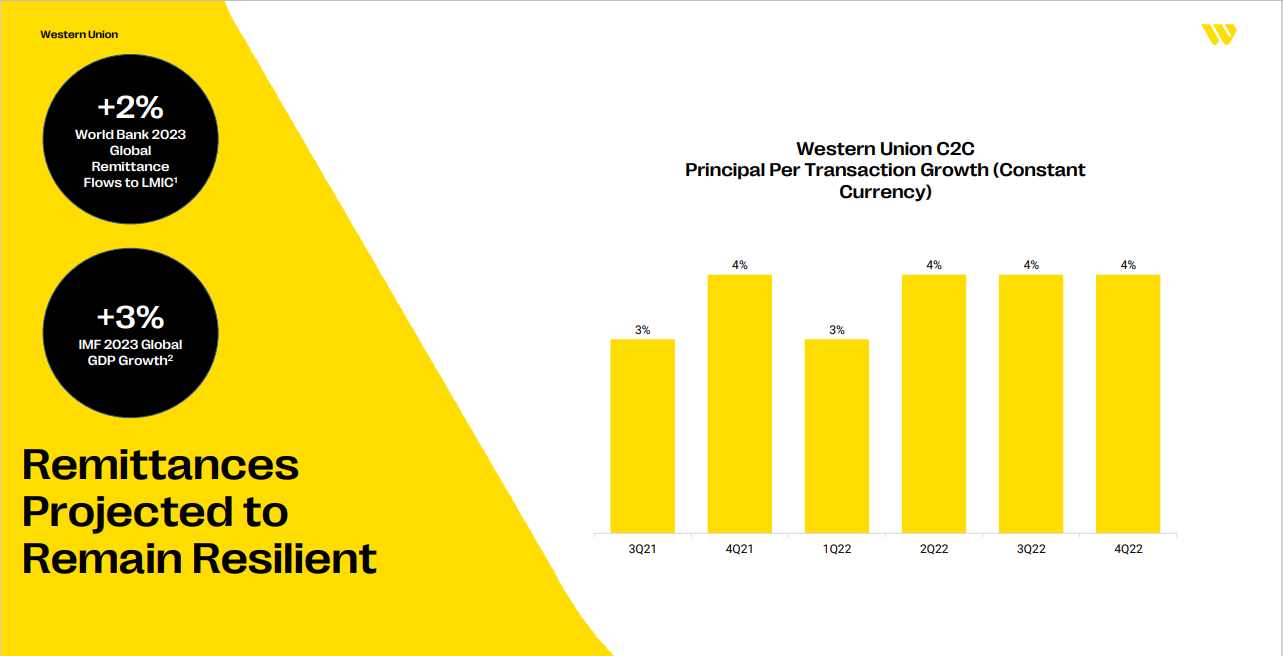
Here are some guidelines to help you decide which REIT is best for you. Equity is the most costly source of capital. Additional shares are a future claim on the REIT’s cash flow. Before you make a decision, you need to consider the cost dividends. The yield of U.S. Treasury bond bonds is generally considered the risk-free rate. However, this will depend on your personal preferences. Beta, which is the stock's relative volatility compared to the S&P 500, is another important factor. Beta can also be calculated for a few months, or over several years.
SL Green Realty
SL Green Realty is a strong REIT and has a positive yield of 4.9%. The company has a great balance sheet and doesn't have any excessive debt. It had $1.3 billion of liquidity at the end of the second quarter in 2022. It has a fixed charge coverage ratio of 3.03X. This gives it ample financial flexibility and allows it to capitalize on future growth opportunities.
The SL Green Realty Corporation (REIT) is a fully integrated REIT that focuses on Manhattan's commercial real estate. It is a member of the National Association of Real Estate Investment Trusts (Nareit), which represents publically traded real estate companies. Its members include REITs and other businesses that own real property, as well research firms that study the industry.

STORE Capital Corporation
If you're looking for a good REIT with a high dividend yield, STORE Capital Corporation might be worth a look. The REIT has over 2,000 locations. It also makes more than $100 million monthly in new purchases. The REIT's business model is built on service-oriented businesses. Warren Buffett bought large portions of the stock. Store Capital's CEO is quick and clear to say that the company he runs is not a traditional retail business but a REIT.
EBITDA is a measure for STORE Capital Corporation's overall profitability. It has a history of paying out 1.7% of its net profits to shareholders, and analysts estimate its forward dividend yield to be 5.17% of its current stock price. This means that shareholders could see $1.54 per Share in the coming year from their STORE Capital stocks.
Omega Healthcare Investors
The RSI for Omega Healthcare Investors (REITs – Health Care), USA is 81. This makes it one the top performing REITs. The RSI, which is a measure for share price performance over 52 weeks, compares to similar stocks. Higher RSIs are better.
Omega Healthcare Investors is an REIT that invests long-term in healthcare properties. Its portfolio consists primarily of triple net lease properties managed by healthcare providers. It has a strong focus on skilled nursing and assisted living facilities, and it pays out 90% of its income to shareholders. It is valued at 7.7 billion.

Alexander's Inc.
Alexander's owns 7 properties within the New York metro area, including 731 Lexington Avenue, home to Bloomberg L.P. Vornado Realty Trust is the owner of the company. It was founded by George Farkas, Louis Schwadron, and George Farkas back in 1928. It currently has assets in excess of $28 million and is a prominent real estate investment trust.
The company is involved with the development, leasing and management of properties. Its primary properties are commercial and office complexes. The company has raised $41 million in its initial public offering.
FAQ
How are share prices established?
The share price is set by investors who are looking for a return on investment. They want to make profits from the company. They then buy shares at a specified price. Investors make more profit if the share price rises. If the share price goes down, the investor will lose money.
An investor's main objective is to make as many dollars as possible. This is why they invest in companies. They can make lots of money.
What are some advantages of owning stocks?
Stocks are less volatile than bonds. If a company goes under, its shares' value will drop dramatically.
The share price can rise if a company expands.
Companies usually issue new shares to raise capital. This allows investors buy more shares.
To borrow money, companies use debt financing. This allows them to access cheap credit which allows them to grow quicker.
People will purchase a product that is good if it's a quality product. As demand increases, so does the price of the stock.
As long as the company continues producing products that people love, the stock price should not fall.
What is a Mutual Fund?
Mutual funds can be described as pools of money that invest in securities. Mutual funds offer diversification and allow for all types investments to be represented. This reduces risk.
Professional managers are responsible for managing mutual funds. They also make sure that the fund's investments are made correctly. Some funds permit investors to manage the portfolios they own.
Mutual funds are often preferred over individual stocks as they are easier to comprehend and less risky.
How do people lose money on the stock market?
Stock market is not a place to make money buying high and selling low. It is a place where you can make money by selling high and buying low.
The stock exchange is a great place to invest if you are open to taking on risks. They will buy stocks at too low prices and then sell them when they feel they are too high.
They hope to gain from the ups and downs of the market. But they need to be careful or they may lose all their investment.
What is the purpose of the Securities and Exchange Commission
SEC regulates brokerage-dealers, securities exchanges, investment firms, and any other entities involved with the distribution of securities. It also enforces federal securities laws.
Statistics
- Individuals with very limited financial experience are either terrified by horror stories of average investors losing 50% of their portfolio value or are beguiled by "hot tips" that bear the promise of huge rewards but seldom pay off. (investopedia.com)
- US resident who opens a new IBKR Pro individual or joint account receives a 0.25% rate reduction on margin loans. (nerdwallet.com)
- Even if you find talent for trading stocks, allocating more than 10% of your portfolio to an individual stock can expose your savings to too much volatility. (nerdwallet.com)
- "If all of your money's in one stock, you could potentially lose 50% of it overnight," Moore says. (nerdwallet.com)
External Links
How To
How to Open a Trading Account
To open a brokerage bank account, the first step is to register. There are many brokers out there, and they all offer different services. Some charge fees while others do not. Etrade (TD Ameritrade), Fidelity Schwab, Scottrade and Interactive Brokers are the most popular brokerages.
After you have opened an account, choose the type of account that you wish to open. You should choose one of these options:
-
Individual Retirement Accounts (IRAs).
-
Roth Individual Retirement Accounts
-
401(k)s
-
403(b)s
-
SIMPLE IRAs
-
SEP IRAs
-
SIMPLE SIMPLE401(k)s
Each option comes with its own set of benefits. IRA accounts offer tax advantages, but they require more paperwork than the other options. Roth IRAs allow investors to deduct contributions from their taxable income but cannot be used as a source of funds for withdrawals. SIMPLE IRAs can be funded with employer matching funds. SEP IRAs work in the same way as SIMPLE IRAs. SIMPLE IRAs require very little effort to set up. They allow employees and employers to contribute pretax dollars, as well as receive matching contributions.
The final step is to decide how much money you wish to invest. This is the initial deposit. Many brokers will offer a variety of deposits depending on what you want to return. A range of deposits could be offered, for example, $5,000-$10,000, depending on your rate of return. The lower end of this range represents a conservative approach, and the upper end represents a risky approach.
After deciding on the type of account you want, you need to decide how much money you want to be invested. There are minimum investment amounts for each broker. These minimum amounts vary from broker-to-broker, so be sure to verify with each broker.
You must decide what type of account you want and how much you want to invest. Next, you need to select a broker. You should look at the following factors before selecting a broker:
-
Fees - Make sure that the fee structure is transparent and reasonable. Brokers will often offer rebates or free trades to cover up fees. However, some brokers charge more for your first trade. Avoid any broker that tries to get you to pay extra fees.
-
Customer service – You want customer service representatives who know their products well and can quickly answer your questions.
-
Security – Choose a broker offering security features like multisignature technology and 2-factor authentication.
-
Mobile apps - Find out if your broker offers mobile apps to allow you to view your portfolio anywhere, anytime from your smartphone.
-
Social media presence - Find out if the broker has an active social media presence. It may be time to move on if they don’t.
-
Technology - Does the broker utilize cutting-edge technology Is the trading platform user-friendly? Is there any difficulty using the trading platform?
Once you have selected a broker to work with, you need an account. Some brokers offer free trials. Others charge a small amount to get started. You will need to confirm your phone number, email address and password after signing up. Next, you will be asked for personal information like your name, birth date, and social security number. You will then need to prove your identity.
After you have been verified, you will start receiving emails from your brokerage firm. You should carefully read the emails as they contain important information regarding your account. You'll find information about which assets you can purchase and sell, as well as the types of transactions and fees. Track any special promotions your broker sends. You might be eligible for contests, referral bonuses, or even free trades.
Next, you will need to open an account online. An online account is typically opened via a third-party site like TradeStation and Interactive Brokers. These websites can be a great resource for beginners. To open an account, you will typically need to give your full name and address. You may also need to include your phone number, email address, and telephone number. After this information has been submitted, you will be given an activation number. Use this code to log onto your account and complete the process.
Once you have opened a new account, you are ready to start investing.